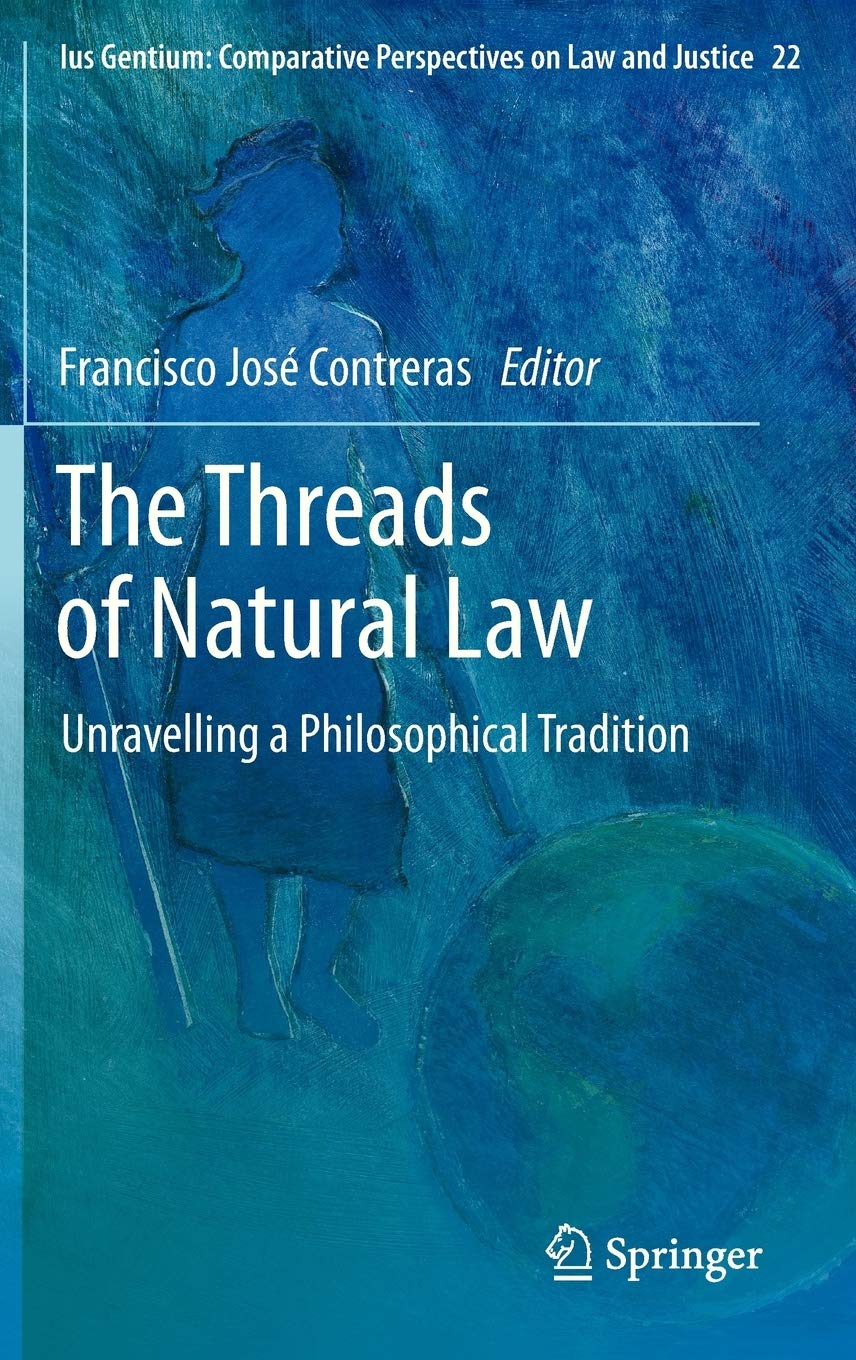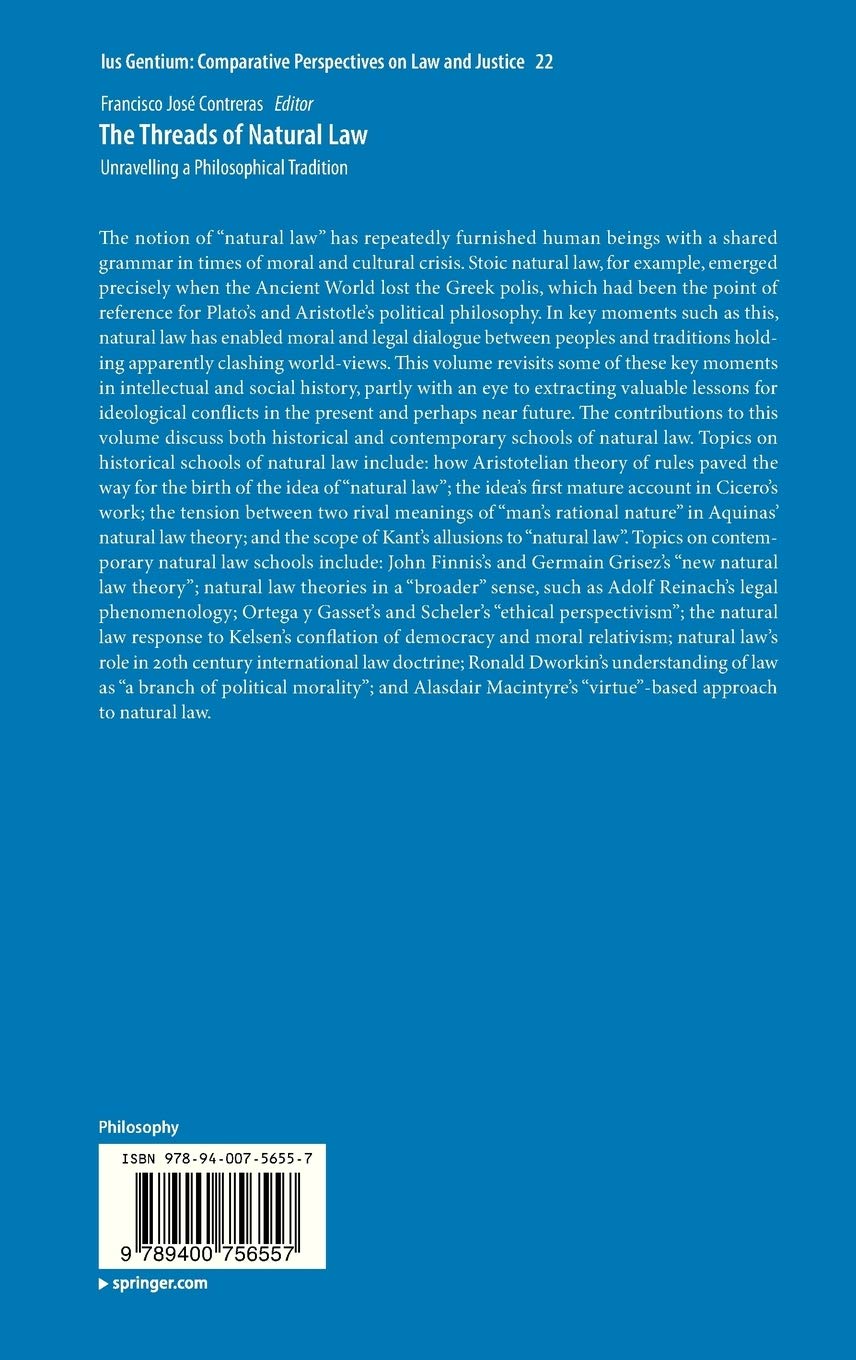Sandra Hernández González defendeu a tese de doutorado "El papel del deseo en la filosofía moral de Alasdair MacIntyre", na Universitat Internacional de Catalunya, Barcelona, Espanha, no âmbito do Departament de Humanitats.
A tese pode ser acessada no link: El papel del deseo en la filosofía moral de Alasdaire MacIntyre. (tdx.cat)
Abstract:
Esta investigación se centra en la concepción macintyreana acerca del deseo y de su papel en el desarrollo moral1. Para MacIntyre, el deseo es la causa exclusiva e inmediata a la acción, pero los agentes morales pueden confundir fácilmente el deseo con el bien, o carecer de una jerarquía de deseos acorde con el bien teleológico que ordene racionalmente los distintos tipos de deseos. Por el contrario, cuando el agente es capaz de identificar y reflexionar sobre sus deseos, evaluarlos y dirigirlos hacia sus verdaderos bienes, ejerce un tipo de libertad interior que humaniza su obrar y que no lo deja a merced de la influencia instrumentalizadora de la moral y la economía de la modernidad, que ejerce una fuerte presión arbitraria sobre lo que el agente debería desear para que la moral y la economía de consumo funcionen como lo hacen actualmente. Lo que importa sobre los deseos es que sean libremente de bienes genuinos y, más particularmente, de lo que es bueno y mejor desear en nuestras circunstancias particulares, pues es solo a través de lo particular que la prudencia guía acertadamente hacia la excelencia humana. Esta perspectiva de lo particular pone en primer plano la necesidad de las virtudes morales e intelectuales en el recto obrar, a diferencia de la moral universal de preceptos, que por su carácter solo universal y normativo desatiende los aspectos particulares del agente y de sus circunstancias, dejándolo sin recursos ni criterios para orientar adecuadamente sus deseos. Por tanto, los problemas cruciales de la moral son los de saber identificar los bienes y lo que tenemos buenas razones para desear en cada momento o situación particular. Esta labor de discernimiento y ordenamiento de bienes y deseos no es sin embargo algo carente de conflicto. Y la experiencia del conflicto de deseos es correlativamente una experiencia de conflicto de bienes y de emociones o sentimientos, por lo que identificar la unidad del bien es un camino para la solución del conflicto de deseos y lograr la armonía afectiva que se deriva del logro del bien. Por tanto, lo que le da a la vida de cualquier agente particular su unidad –o su falta de unidad– es la relación entre los diversos bienes que ese agente persigue a través del tiempo, por lo que la clave para entender esas relaciones es la narrativa de esa vida. De ahí que la concepción narrativa de la virtud es esencial en la formación de los deseos. La ética macintyreana se puede pues con razón denominar una ética de ordenamiento de los deseos, que ofrece la base para el desarrollo de una psicología moral que supere el error teórico y práctico de considerar el conflicto moral como un conflicto entre razón y deseos, o entre bienes y males, y lo oriente hacia una comprensión del conflicto como un desorden en la fuerza de diversos deseos y sus bienes correspondientes. En este tipo de psicología moral, el deseo tiene un carácter predominante e inclusivo en el desarrollo moral, y fundamenta la propuesta macintyreana de que la formación moral es sobre todo una formación de carácter sentimental o afectivo. En conclusión, una adecuada integración de los deseos y tendencias en la acción es decisiva y esencial para el desarrollo moral y el logro de la excelencia y felicidad humana, tres aspectos inseparables en le ética del autor de Ética en los Conflictos de la Modernidad. Sobre el Deseo, el Razonamiento Práctico y la Narrativa. 1 Nos basamos en los escritos relevantes para nuestro tema a partir del giro macintyreano hacia el aristotelismo, a partir de la primera edición de After Virtue (1981).

![Kierkegaard, MacIntyre, Williams, and the Internal Point of View (English Edition) por [Rob Compaijen]](https://m.media-amazon.com/images/I/41iHQ635KjL.jpg)



![The Geography of Morals: Varieties of Moral Possibility (English Edition) por [Owen Flanagan]](https://m.media-amazon.com/images/I/51zh9nNCUwL.jpg)
![Alasdair MacIntyre: An Intellectual Biography (English Edition) por [Émile Perreau-Saussine, Pierre Manent, Nathan J. Pinkoski]](https://m.media-amazon.com/images/I/41rKJ5GdZrL.jpg)